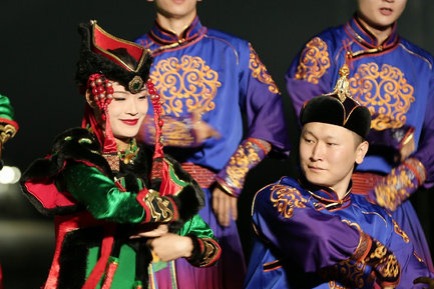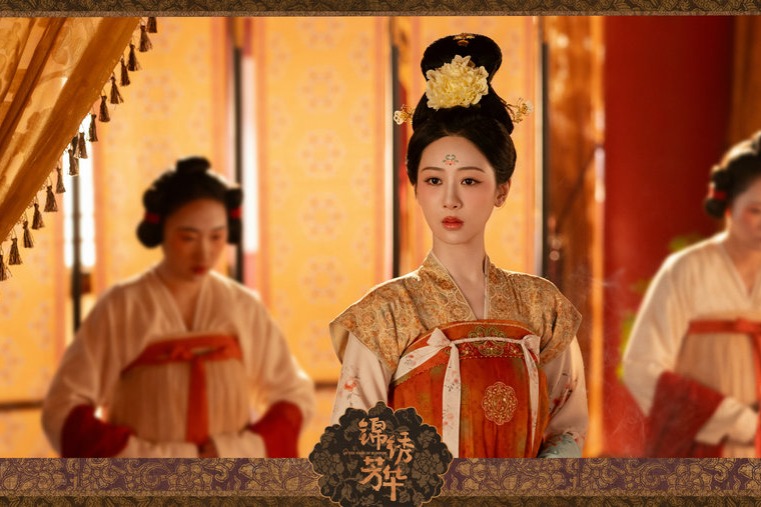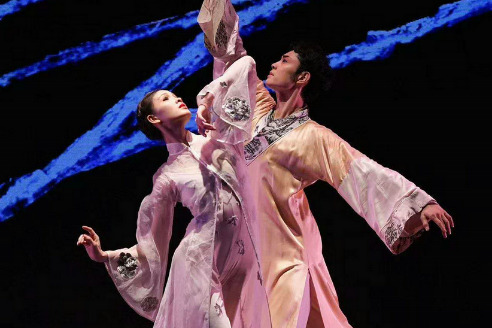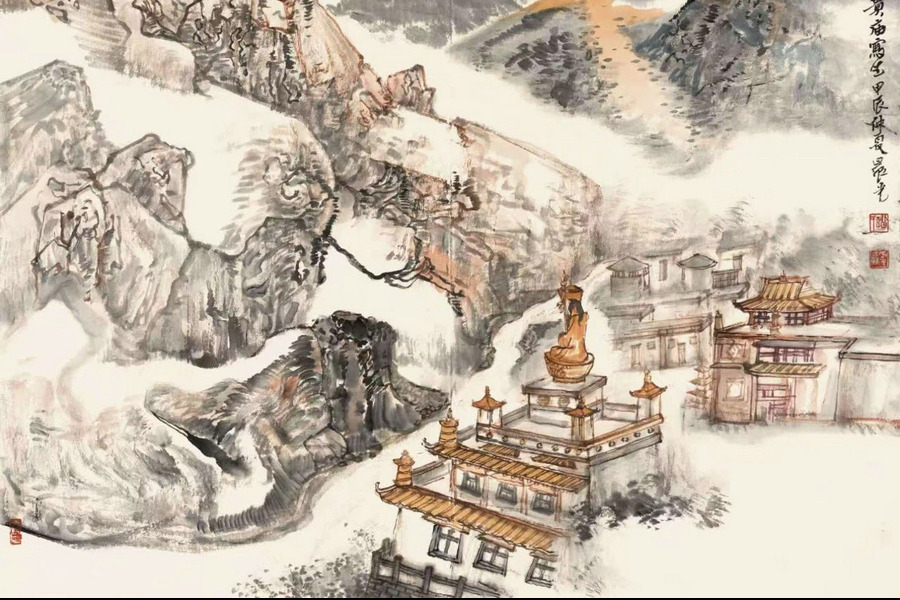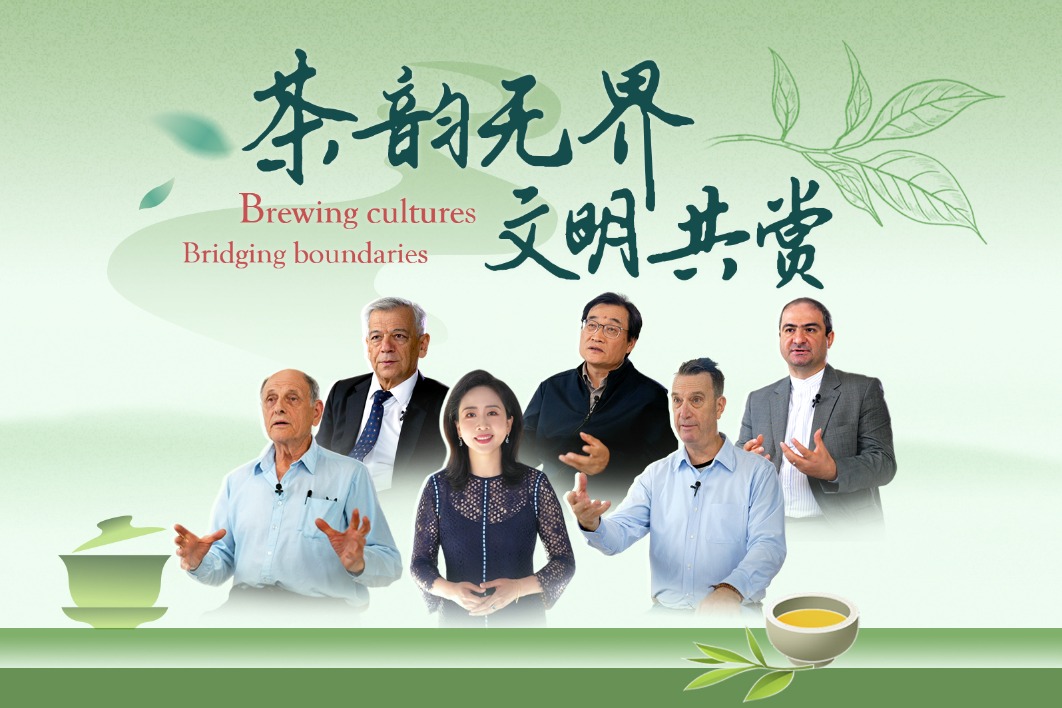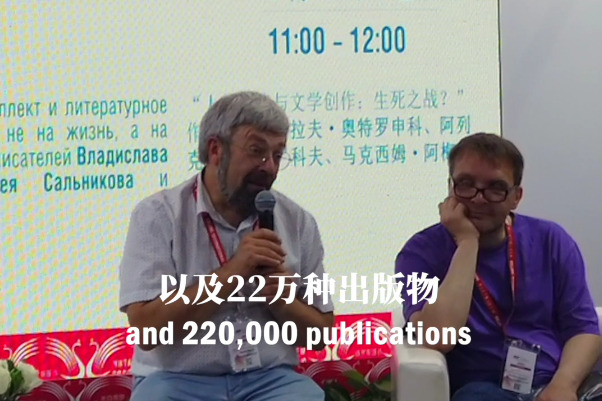Understanding Chinese culture: The challenge to the West

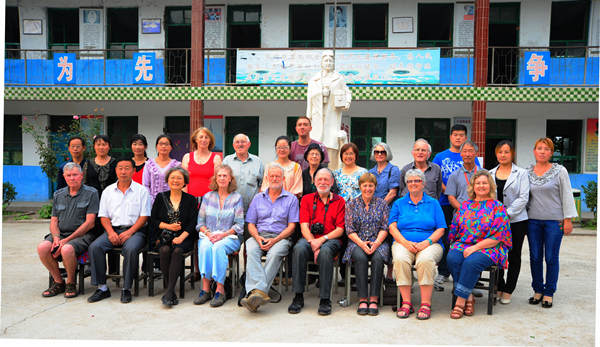
The promotion of the Belt and Road Initiative is another example of the different responses to China reaching out to the world. Is it a threat to existing relationships, with advantage only to China, or is it offering opportunity and benefits globally as the existing global order is threatened.
A second area where major differences exist lies in the time frame for outcomes. The very nature of Western democracy places constraints on stable governance within each nation state, and we are currently seeing very strong examples of disruption and reversal of hard-won policy that potentially impacts the world order. Confucius observed that the only thing that does not change is change itself, so this destabilizing could be seen as an essential part of a change to a new world order, one that Xi Jinping positively promotes as a "harmonious global community". The crisis becomes an opportunity, and what may be bad now is good tomorrow, in the longer term. But in destabilizing the current world order, does the West have an alternative in place?
The challenge to the West, then, is to enhance an understanding and appreciation of what China is. How does China's cultural heritage present a positive and optimistic advantage to the world in the longer term?
To understand this question it is important to consider the foundations of Chinese culture and society. China has more than 5,000 years of uninterrupted history and cultural development. We at least need to go back 2,500 years and study Laozi, and Taoism, for its cultural and philosophical roots, and Confucius for his social philosophy and impact on society.
Please excuse me here, as I am not an academic, but a keen observer of China today, and where China has emerged from.
To me, Taoism provides us with many aspects of the special nature of Chinese culture and philosophy. The concept of yin and yang is well-known in the West, but not fully understood or practiced by many, either individuals or leaders. Yin and yang brings us balance through the integration of opposites.
China has a cultural heritage of opposites creating balance. For example, crisis in Chinese, 危機 consists of two characters, wei and ji, to represent peril and opportunity.
In Chinese medicine, there is a holistic approach that treats the whole body, in which imbalance with yin and yang, hot and cold, are the cause of disease. The solution is to restore imbalance rather than targeting the specific symptom or problem area in isolation. The solutions offered tend to take a longer time to take effect, with a focus to work in harmony with the body. This is not to say that Western medicine is imperfect. I merely use this as an example of a Chinese approach to seeking solutions to problems.
Earlier this month, I participated in an international forum titled Eco-civilization and Anti-poverty in Guizhou. Throughout the speeches was common reference to harmony between man and nature. This concept has very deep roots in Taoist thinking. In 21st century China, the economic loss through environmental degradation fits very comfortably into the Chinese approach to addressing the establishment of an eco-society. Several international speakers referred to a decreasing confidence in certain Western countries to maintain a global consensus. The speakers presented an increasingly positive impression of China's determination to participate in leadership of this consensus. With reference to an eco-civilization, China is already a leader in the transition to clean energy, and of all countries, has made the major contribution globally to lifting people from poverty.





















